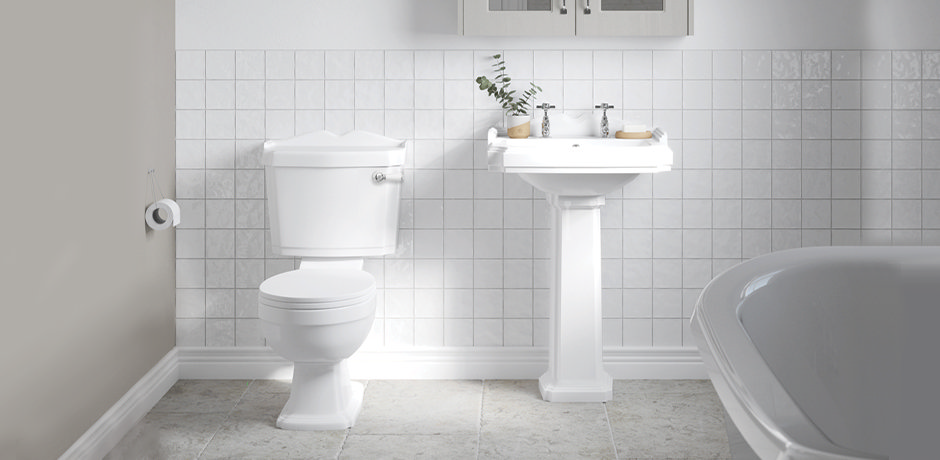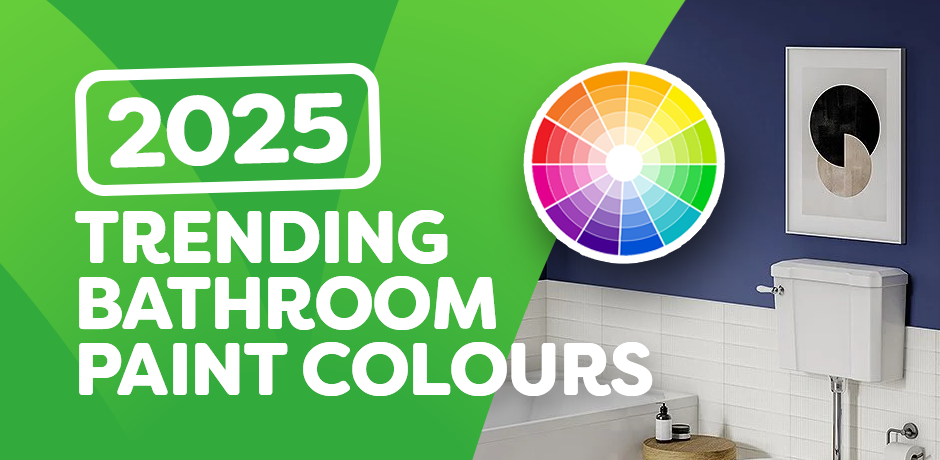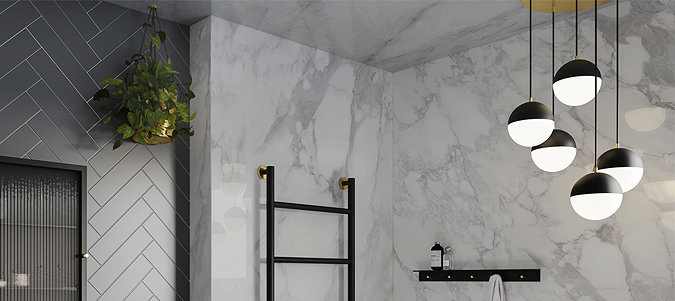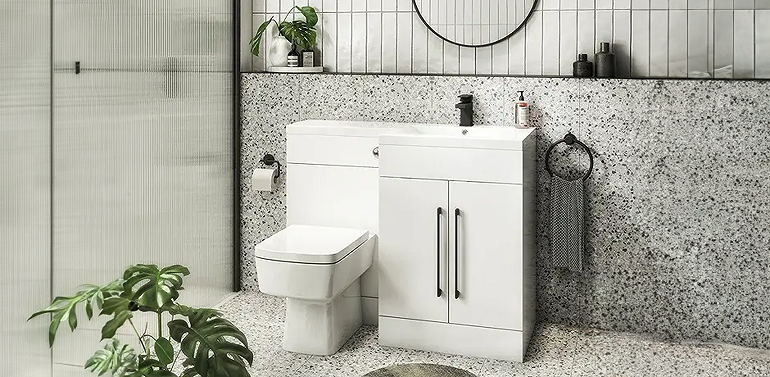EASTER OFFER: FREE DELIVERY ON ORDERS OVER £99!**
Delivery Offer Must End Soon!
why do we say loo the stories behind toilet terminology
Why Do We Say Loo: The Stories Behind Toilet Terminology
The word "loo" is the UK's favoured euphemism for the toilet, but what does it really mean and where did the word come from?

British people are known for being polite to a fault, and nowhere is this more evident than in the lengths we’ll go to avoid saying toilet!
Over the centuries, we’ve been extremely imaginative, coming up with all sorts of terms to sanitise the word.
“Going to the loo”, however, is the phrase that reigns supreme. So, we’ve looked into the origins of the term in an attempt to get to the bottom of it once and for all.
We’ve also looked into the stories behind other popular terms for toilet - with some examples from across the pond that have started to seep into our culture, too.
The (Disputed) Origins of “Going to the Loo”
As with many old terms, the origins of the word loo are highly disputed. Much like folk tales, explanations of its invention have been passed down and jumbled up over the years. There are, however, a handful of substantial hypotheses that have seemed to stick around.
A Place of Ease
The most prominent of these theories is the idea that the term loo is a result of British soldiers interacting with French soldiers during the First World War.
According to this theory, our favoured slang term for the toilet comes from the French phrase “lieux d’asisance” - which translates to the rather pleasant “place of ease”.
This appears the most logical explanation of how the term as the timings correspond quite closely with the first recorded use of the word loo in writing - in James Joyce’s Ulysses in 1922.
Loo-k Out Below!
Another popular theory suggests that the term comes from another French saying - “regardez l’eau”.
This phrase, which literally translates to “look at the water”, is said to have been used by people in medieval times to warn passersby of the gruesome practice of chamber pots being emptied into streets.
The phrase is said to have eventually made its way to Britain in the 18th century where it was used for the same purpose but became a single word - “gardyloo”.
The Leeward Side
The loo could also have nautical origins. This theory all stems from the fact that Sailors refer to the side of a ship sheltered from the wind as the “leeward side”.
In the past, when caught short above deck, people would rush to this side of the ship in order to prevent any unfortunate accidents that could occur on the ‘windward’ side.
In certain accents, it is believed that leeward would become ‘looward side’. This would end up being shortened to the loo - the word that we politely excuse ourselves with today.
The Verdict
Those mentioned above are just a handful of the prevailing theories, and the origins of the word “loo” remain up for heated debate.
It’s highly likely that you’ve heard even more tales of how it come to be our preferred choice, so we’ll leave it up to you to make your own mind up!
One thing’s for certain - it doesn’t appear to be going anywhere any time soon.
Stories Behind Other Toilet Euphemisms
While the loo may be our most common term for the toilet, there are countless other synonyms that we’ve used in the past and some English language. We’ve looked into the stories behind a handful of them.
The WC - Still in use today, the abbreviation WC stems from the term “water closet” which is what we used to call toilets in the Victorian era.
You’ll find toilets all over the world with WC signs, so much so that it has become a sort of universally understood symbol, regardless of whether or not you know its full form.
The Restroom - Another term that you will hear from time to time today, this one is also clinging on from the Victorian era. It comes from lavish restaurants and theatres in the 1900s that that would feature cosy seating areas - with sumptuous chaise longues and armchairs - right next to their toilets.
The Bathroom - If it’s always puzzled you as to why Americans (and now us Brits) refer to the toilet as the bathroom, you’re not the only one. The term is said to have bewildered British travellers to The States since its emergence in the 1920s. Its explanation is simple. In the formative years of domestic plumbing, separate toilets in US homes were relatively rare. Instead, most were situated within the bathroom - along with the tub and washbasin. As a result, “going to the bathroom” emerged as a dignified way to excuse yourself without needing to reveal specifics.
The Outhouse - You only have to go back a generation or two to find people referring to the toilet by this term. Some of us can even remember “outhouses” first hand! Toilet facilities in some UK homes as recently as the 70s were usually situated outside of the home.
The Privy - Another example of the English language being influenced by French, “privy” comes from the word “privé” which translates to "private place". Ironically it was used to describe outhouses, which were rarely very private at all!
Found our little toilet history lesson enlightening? Why not try our related blog, What Are WC Suites and What Does WC Stand For? For all sorts of other bathroom style inspiration and DIY expertise, stick with us at the Victorian Plumbing blog.



